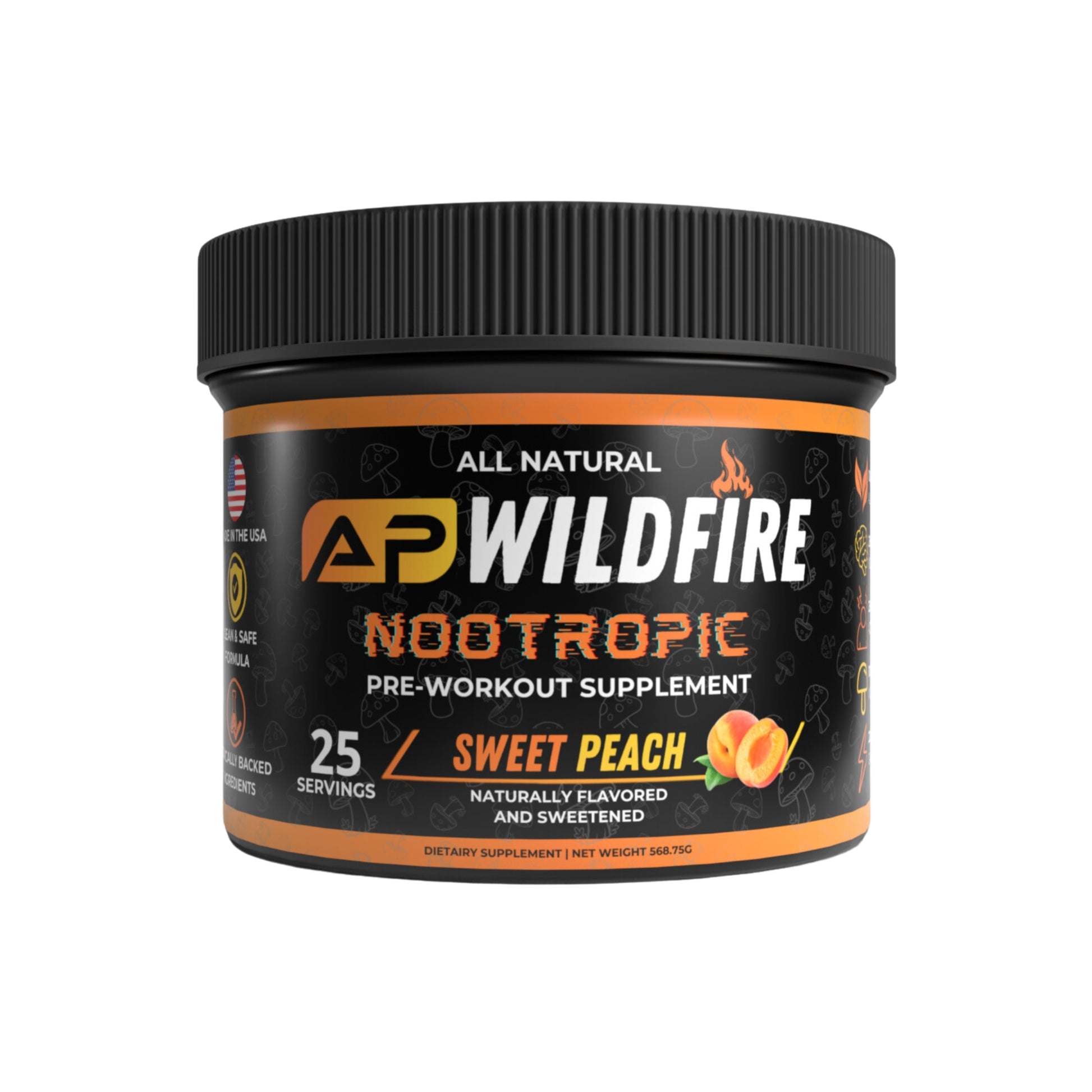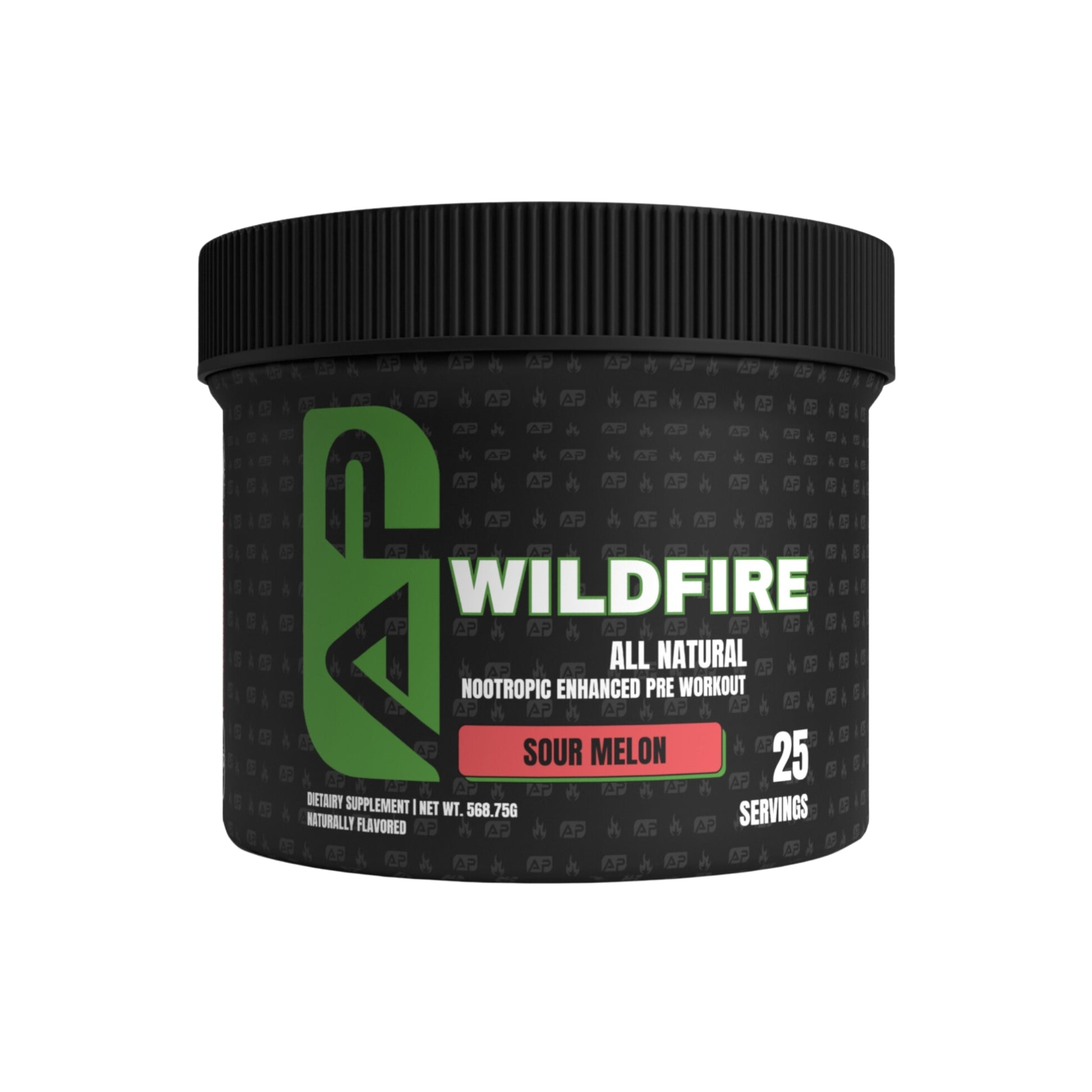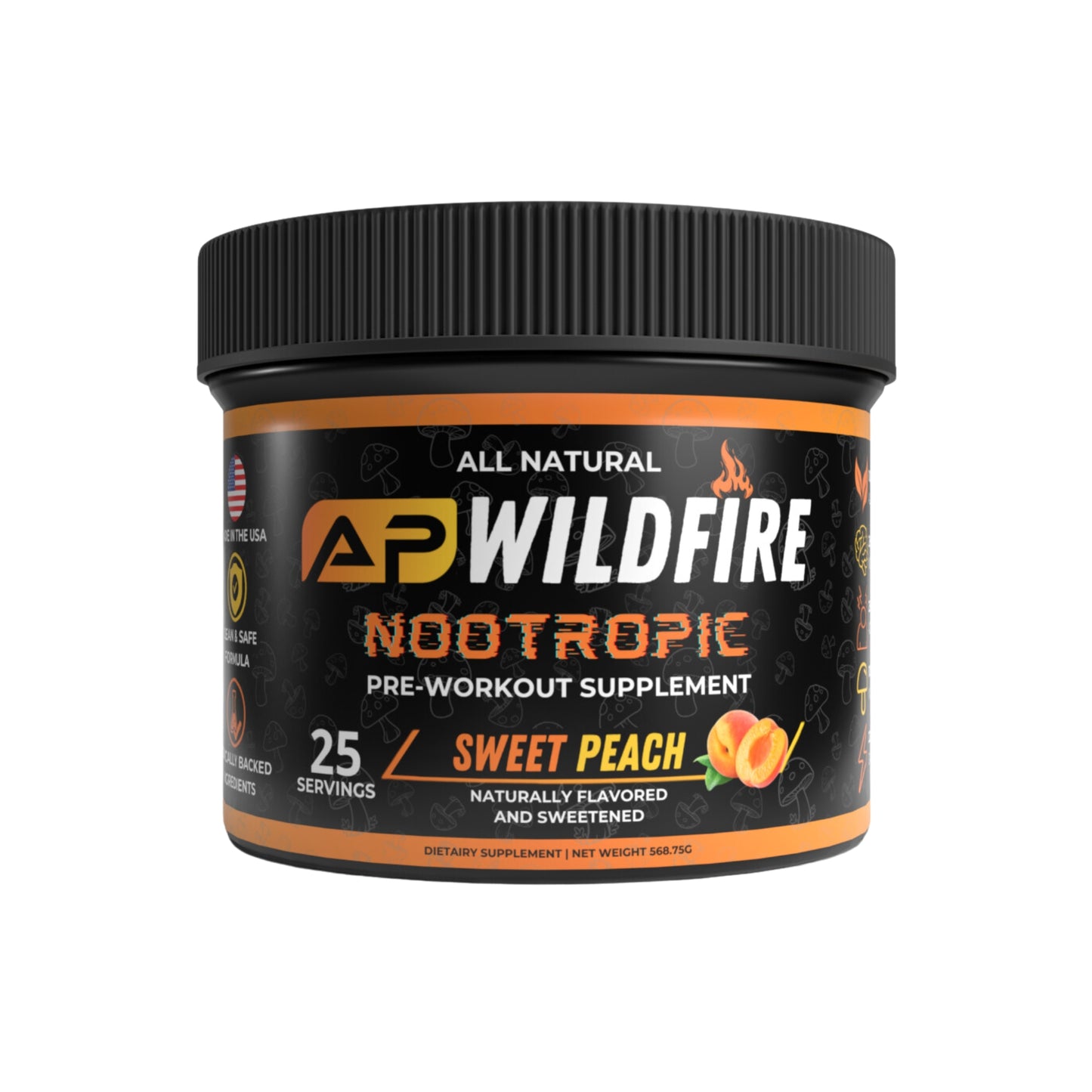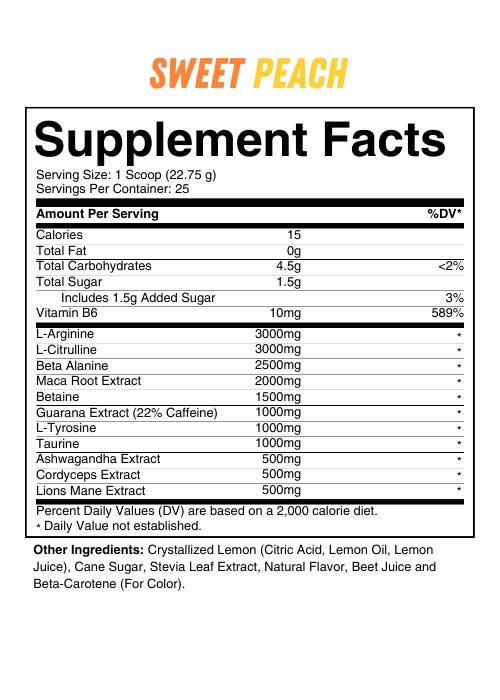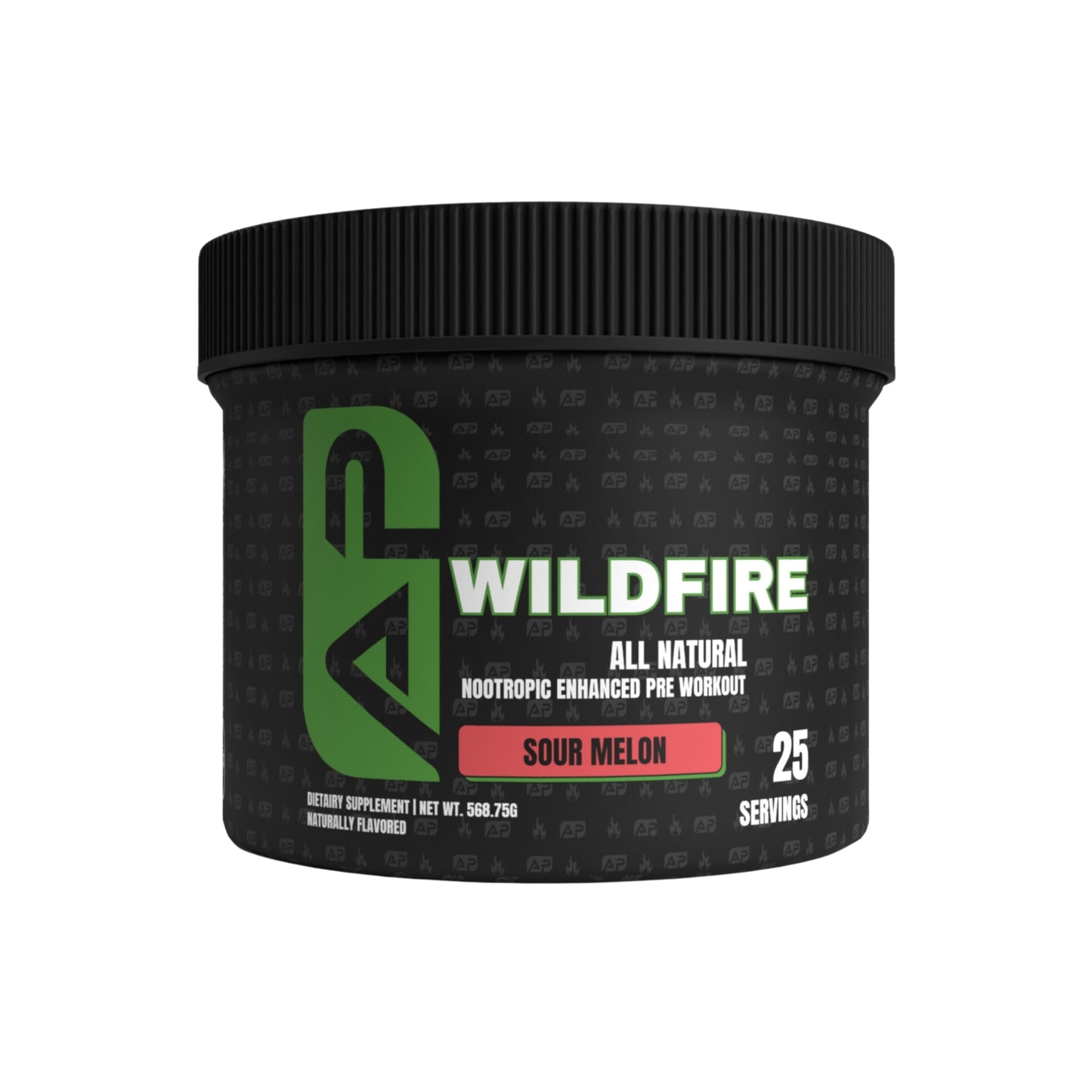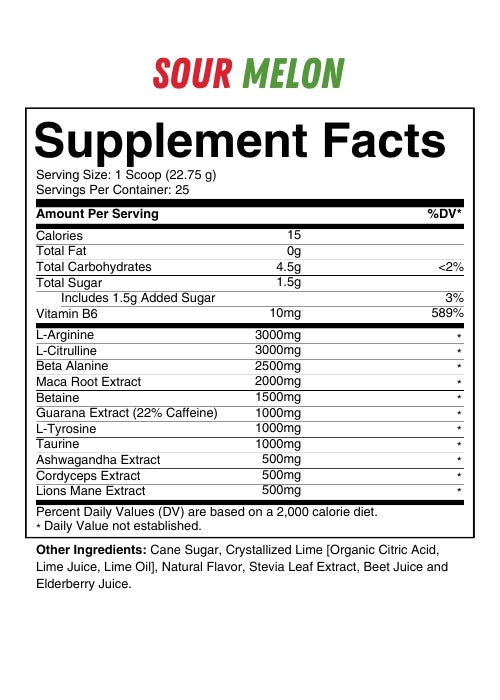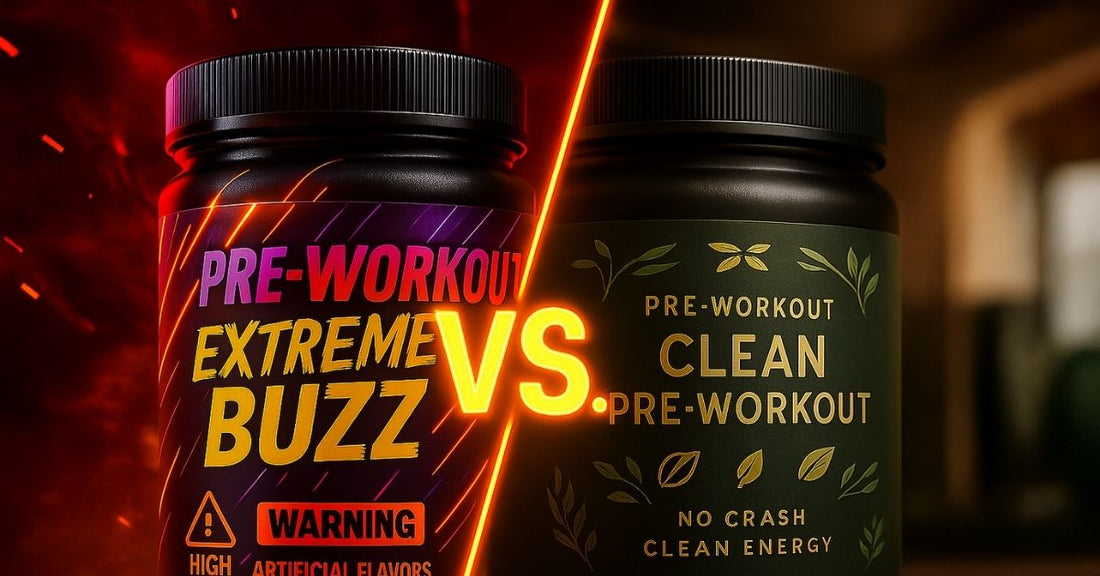
Clean Pre-Workout: Why Transparency, Dosing, and Simplicity Matter More Than Ever
Mitchell KeplerMost people assume that if a supplement is sold in stores or online, it must be safe. But
the truth is: the FDA does not approve pre-workout supplements or their formulas
before they reach consumers. Oversight only comes after adverse reactions have
already occurred. That means formulas can include untested ingredient combinations,
excessive stimulants, and artificial additives — all without prior safety review.
Pre-workouts have exploded in popularity over the last decade — but that popularity has
come at a cost. Most mainstream formulas are built around perceived intensity, using
flashy ingredients, high stimulant loads, and bright flavors that seem exciting. But under
the hood, they often lack transparency, cut corners on ingredient quality, and rely on
artificial additives to keep costs down.
Recent research has raised concerns about sucralose, a widely used artificial sweetener. A 2023 article reported that:
“sucralose harms gut health and may lead to oxidative stress, inflammation, and cancer.”
The Problem with Most Pre-Workouts
Many traditional pre-workouts rely on aggressive stimulation — using synthetic caffeine, artificial flavors, and flashy colors hidden behind proprietary blends. These ingredients are often selected not for performance benefits, but because they’re cheaper than natural, healthier alternatives. Artificial sweeteners, synthetic dyes, and chemical preservatives dramatically reduce manufacturing costs — and most consumers don’t realize the trade-off until they feel it.
A 2019 clinical study found that:
“over half (54%) of the respondents reported experiencing side-effects following MIPS (multi-ingredient pre-workout supplement) use, including skin reactions, heart abnormalities, and nausea.”
With no requirement for full ingredient transparency, users often don’t know what triggered these symptoms — or what they’re even consuming!
What Defines a Clean Pre-Workout?
Clean pre-workouts offer a clear alternative. They’re built on a simple idea: use
ingredients that serve an actual physiological purpose, disclose everything on the
label, and avoid cheap, artificial fillers that are only there to cut costs or make a
product look pretty.
A clean pre-workout is typically defined by:
● No artificial sweeteners, flavors, or dyes
● Clinically supported ingredients at clinically supported dosages
● Full label transparency — no proprietary blends
● Natural ingredient sources (when applicable - ex. natural caffeine over caffeine
anhydrous)
Some formulas go a step further, avoiding any synthetic stimulants or including natural
nootropics like Lions Mane Mushroom for cognitive support — but those are additions,
not requirements. At its core, clean just means purposeful, transparent, and free from
unnecessary additives.
| Feature | Clean Pre-Workout | Typical Pre-Workout |
|---|---|---|
| Sweeteners | Natural (e.g., stevia, monk fruit) | Artificial (e.g., sucralose, aspartame, Ace K) |
| Caffeine Source | Natural sources (e.g., guarana, green tea) | Caffeine anhydrous |
| Ingredient Dosing | Fully disclosed, clinically backed dosages | Proprietary blends with undisclosed amounts |
| Coloring Agents | None or naturally derived | Artificial dyes (e.g., Red 40, Blue 1) |
| Transparency | Full label disclosure | Often partial or hidden behind proprietary language |
Why Certain Ingredients Are Often Avoided
Artificial sweeteners and dyes are among the most common ingredients excluded from
clean pre-workouts. They’re not there to help you perform — they’re used to mask
bitterness, create attractive colors, and cut costs. But they may come with unwanted
side effects.
Recent research has raised concerns about sucralose, a widely used artificial
sweetener. A 2023 article reported that:
“sucralose harms gut health and may lead to oxidative stress, inflammation, and cancer.”
That’s why brands committed to clean formulas steer clear of these additives altogether. Instead, they use natural sweeteners like monk fruit or stevia and avoid artificial colors entirely — prioritizing your long-term health over flashy marketing or flavor shortcuts. When it comes to fueling your body, transparency and ingredient integrity matter.
Clean Formulas Support Performance and Recovery
A well-constructed clean pre-workout still delivers energy, endurance, and focus — but it
also supports long-term performance. By avoiding over-stimulation and gut-disruptive
additives, these formulas tend to be easier on the nervous system, digestion, and
recovery process.
“Pre-workout supplements are formulated to improve physical performance. They are not regulated by the Food and Drug Administration (FDA) and are known to cause a wide variety of side effects.”
A Transparent Formula Example: AP Nootropic Pre-Workout
To illustrate what a fully transparent, clean-label pre-workout looks like in practice, here’s a real-world example based on the ingredient panel from AP Nootropic Pre-Workout:
| Ingredient | Function | Research-Backed Dose Range | AP Nootropic Pre-Workout |
|---|---|---|---|
| L-Arginine | Boosts nitric oxide, supports blood flow and vascularity | 3,000–6,000 mg | 3,000 mg |
| L-Citrulline | Converts to arginine for longer-lasting pumps and endurance | 3,000–6,000 mg | 3,000 mg |
| Beta-Alanine | Buffers lactic acid, delays fatigue during high-intensity training | 2,000–5,000 mg | 2,500 mg |
| Maca Root Extract | Adaptogen; supports mood, energy, and hormonal balance | 1,500–2,000 mg | 2,000 mg |
| Betaine | Cellular hydration, power output, and muscle endurance | 1,250–2,500 mg | 1,500 mg |
| Guarana Extract (22% caffeine) | Natural stimulant source, sustained energy boost | ~200 mg caffeine from guarana | 1,000 mg (~220 mg caffeine) |
| L-Tyrosine | Cognitive support, dopamine precursor, mental focus under stress | 500–2,000 mg | 1,000 mg |
| Taurine | Electrolyte balance, endurance, antioxidant support | 1,000–2,000 mg | 1,000 mg |
| Ashwagandha Extract | Adaptogen; supports cortisol control and stress resilience | 300–600 mg (standardized) | 500 mg |
| Cordyceps Extract | Mitochondrial support, endurance, oxygen efficiency | 400–1,000 mg | 500 mg |
| Lion’s Mane Extract | Cognitive enhancement, memory, focus, and BDNF support | 500–1,000 mg | 500 mg |
| Vitamin B6 | Nervous system support, energy metabolism | 2–10 mg | 10 mg (589% DV) |

